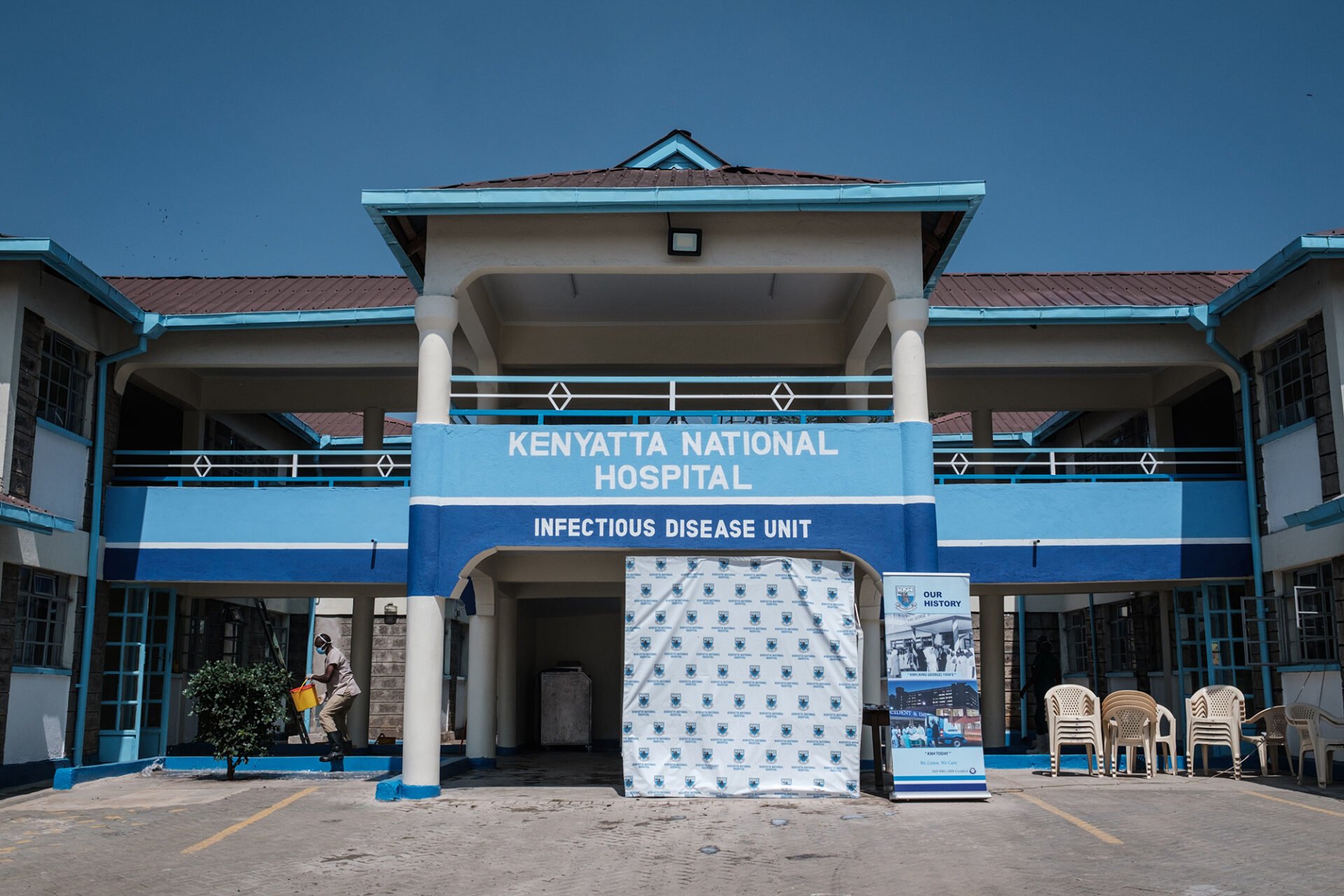Nairobi is on the brink of a financial reckoning. Governor Johnson Sakaja is not pulling punches in a fresh and aggressive push to collect over Ksh10 billion in unpaid land rates.
Starting Monday, May 12, Nairobi County enforcement officers will swoop into estates and business hubs across the city.
Landlords who failed to clear their dues by April 30 will be the first in line for auction threats, court cases, and public shame. Sakaja’s administration has declared war on land rate defaulters, and it’s about to get messy.

Why the Sakaja Crackdown Matters for Every Landlord in Nairobi
Nairobi County is broke, and the numbers don’t lie. Out of 256,000 registered land parcels, only about 50,000 landowners—just 20 percent—have been paying their land rates. This means the majority have either ignored or evaded their obligations for years.
According to Tiras Njoroge, the county’s receiver of revenue, this level of non-compliance is unsustainable. He says the city’s services—garbage collection, road repairs, and healthcare—are all suffering because of the missing billions. The Sakaja crackdown aims to reverse this trend by enforcing strict penalties and ensuring defaulters finally pay up.
The county had already extended a waiver period, giving property owners until April 30 to clear arrears without penalties. That window is now closed. What comes next is a city-wide operation targeting high-end neighborhoods like Westlands, Kilimani, Upper Hill, and Industrial Area, before spreading into residential areas.
Njoroge said officers will clamp down on defaulting properties, issue legal notices, and in severe cases, initiate auctions or legal suits. For transparency, chronic defaulters may even find their names published publicly.
How the County Will Enforce the Sakaja Crackdown
The Sakaja administration is deploying enforcement teams in all Nairobi sub-counties. These teams will work in waves—first hitting prime real estate zones, then moving into middle and lower-income neighborhoods.
With a new digital land mapping system now in place, the county can track all 256,000 parcels and their rate payment histories. This eliminates previous loopholes that allowed wealthy landlords to hide or underreport their obligations.
Additionally, landowners are being urged to log into the Nairobi Revenue Portal and verify their status. The portal allows them to see their arrears and pay online—but for many, it’s already too late. Once the teams come knocking, there will be no more leniency.
The county’s legal unit is also ready. Property seizures and court action will follow within days of notice issuance, targeting high-profile defaulters first to set an example.
Billions at Stake as Sakaja Demands Fairness and Accountability
Governor Sakaja has made it clear that this is not a personal vendetta but a fight for fairness. “We want everyone to pay their fair share. Those who have been doing so should not carry the load for the rest,” a statement from his office read.
Despite understanding the country’s economic struggles, the county says enough is enough. The waiver was generous, yet many landowners chose to ignore it.
County officials also warned that unpaid rates jeopardize service delivery. Nairobi’s roads are crumbling. Hospitals are underfunded. Garbage piles up across estates. The Ksh10 billion in arrears could fix all of that.
By naming and shaming the worst offenders, the Sakaja crackdown hopes to pressure elites into compliance. The Governor’s team says this public approach is necessary in a city where land cartels and rent barons have long evaded taxes with impunity.
For now, all eyes are on May 12. That’s when enforcement begins. And for Nairobi landlords who ignored warnings, the countdown to auction has officially begun.
Key Takeaways:
Only 20% of landowners in Nairobi pay land rates.
Crackdown begins Monday, May 12, targeting defaulters.
County seeks to collect Ksh10 billion in arrears.
High-risk areas include Westlands, Kilimani, Upper Hill, and the Industrial Area.
Legal action, property seizures, and public naming are on the table.
Digital system now tracks all 256,000 parcels to prevent evasion.











































